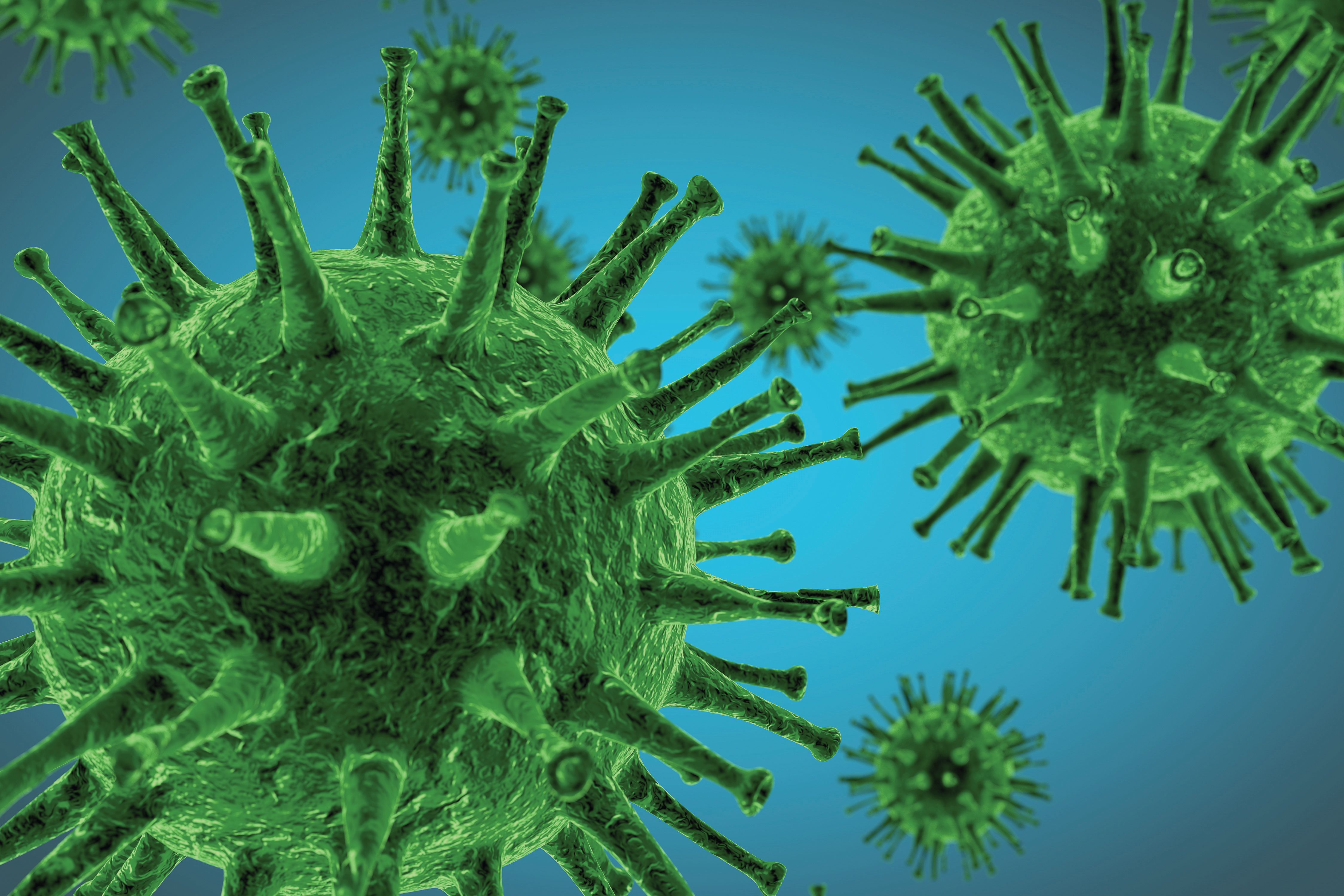Higher Mortality Risk Reported in Cancer Surgery During COVID-19 Pandemic
Patients with cancer who underwent surgery during the COVID-19 pandemic were also more likely to have respiratory complications.
"The COVID-19 pandemic has increased the demand on health systems, especially for intensive care unit [ICU] beds. Surgical assistance should adapt [to] this new scenario, considering the risk of viral nosocomial infection, the need to contribute to the treatment of patients [with infection] in periods of high demand and to continue providing care for acute surgical condition," according to the study authors.

A higher risk of mortality was reported in patients with cancer who received surgery and postoperative care during the COVID-19 pandemic, according to findings from the retrospective CORONAL study (RBR-8ygjpqm) published in Annals of Surgical Oncology.
Investigators assessed outcomes in 2 phases; the first phase included patients who received treatment from March 2019 to June 2019, while the second phase included those who were treated from March 2020 to June 2020. Data highlighted that the likelihood of 28-day mortality was higher for those who received treatment during the second phase (HR, 4.35; 95% CI, 2.15-8.82).
When adjusting for variables including surgery type, surgery time, simplified acute physiology score 3, body mass index, sex, age, and treatment center, the hazard ratio for cumulative 28-day mortality in 2020 vs 2019 was 4.19 (95% CI, 2.09-8.41).
Patients who received treatment during the COVID-19 pandemic were also more likely to have respiratory complications (OR, 5.35; 95% CI, 1.42-20.11) and pulmonary infections (OR, 1.53; 95% CI, 1.08-2.17) compared with those who were treated in 2019. The probability of having other infections was lower during the COVID-19 pandemic (OR, 0.78; 95% CI, 0.67-0.91), although the general frequency of complications was comparable between periods (OR, 1.10; 95% CI, 0.89-1.30).
“The COVID-19 pandemic has increased the demand on health systems, especially for intensive care unit [ICU] beds. Surgical assistance should adapt [to] this new scenario, considering the risk of viral nosocomial infection, the need to contribute to the treatment of patients [with infection] in periods of high demand and to continue providing care for acute surgical conditions,” Felipe Souza Lima Vianna, MD, Faculdade de Medicina at Universidade de São Paulo in São Paulo, Brazil, and Departamento de Pacientes Graves, Hospital Israelita Albert Einstein in São Paulo, Brazil, and coauthors wrote.
“…[A] reduced number of elective surgical procedures could free up ICU and general ward beds, postoperative recovery units could be transformed into ICUs dedicated to the treatment of patients with COVID-19, surgeons and anesthesiologists could assist patients with COVID-19, and the number of nosocomial infections caused by [COVID-19] could be reduced,” they added.
The study population included 291 eligible patients who received care following oncologic surgery in the ICUs of 3 treatment centers localized in São Paulo, Brazil. The study’s primary end point was the cumulative 28-day postoperative mortality rate. Secondary end points included postoperative organ dysfunction and the rate of clinical complications.
Patients 18 years and older who required postoperative care in the ICU during March 2019 to June 2019 or March 2020 to June 2020 were eligible for enrollment on the study. Those with terminal cancer who lacked treatment prospects or presented with hepatic insufficiency were unable to enroll.
Among patients who received treatment in 2019 (n = 160) and those who were treated in 2020 (n = 131), respectively, most were White (64.9% vs 75.9%), had hypertension (45.0% vs 46.6%), elective surgery (91.8% vs 91.6%), and abdominal surgery (43.8% vs 39.7%). The median time of surgery was 6 hours and 45 minutes; the types of anesthesia, intraoperative care, and intraoperative complications were not statistically different between treatment periods.
The general rate of mortality was 3.1% in an ICU and 10.4% in a hospital, with median times to death of 2 days (range, 1-3) and 12 days (range, 6.0-31.5), respectively. For patients treated in 2019 and 2020, respectively, the latter had a longer median length of hospital stay (8.0 days vs 13.5 days; P <.001), higher rate of mortality in an ICU (1.3% vs 5.3%; P = .04), and a higher rate of mortality in a hospital (6.9% vs 14.7%; P = .03).
Reference
Vianna FSL, Neves LL, Testa R, et al. Impact of the COVID-19 pandemic on the outcomes of patients undergoing oncological surgeries: CORONAL study. Ann Surg Oncol. 2024;31(6):3639-3648. doi:10.1245/s10434-024-15152-9.
How Supportive Care Methods Can Improve Oncology Outcomes
Experts discussed supportive care and why it should be integrated into standard oncology care.